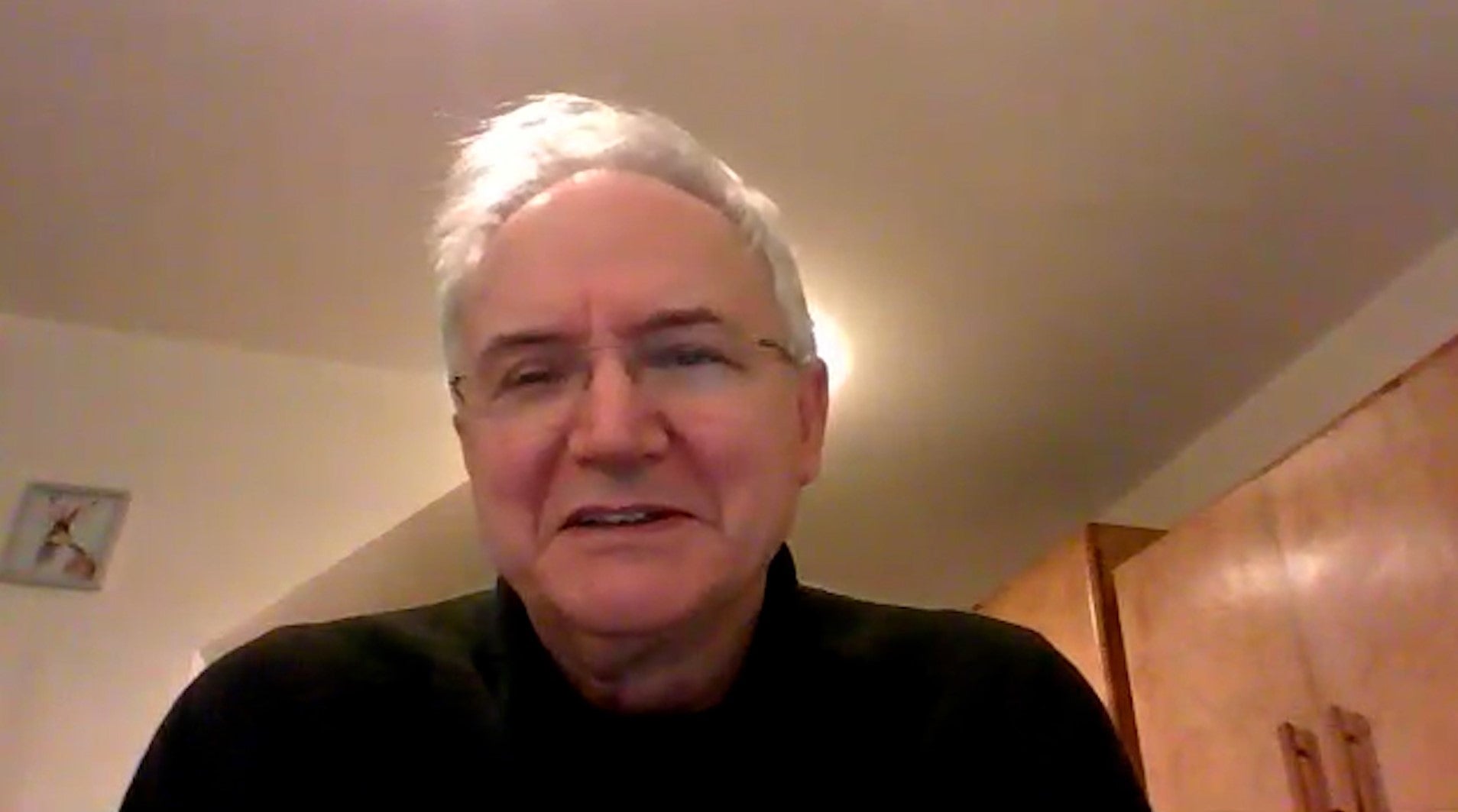Future variants could be tackled with greater certainty, says expert made CBE
Professor Peter Openshaw has been made a CBE for services to medicine and immunology in the New Year Honours.

Scientists should be able to deal with future variants of Covid-19 with “much greater certainty” and vaccines might eventually give protection against some common colds, an expert honoured for his work has said.
Professor Peter Openshaw said “vast” knowledge had been gained since the coronavirus pandemic hit as to how to treat people with respiratory viruses, describing the past two years as a “very intensive period”.
The professor of experimental medicine at Imperial College London has been made a CBE for services to medicine and immunology in the New Year Honours
if in any way, I can use this award to promote the mission of getting immunology more widely known and understood, then that will be a huge benefit
He said he hopes the scientists recognised in the latest list can use their honour “as a platform for engaging with the public” and “conveying the excitement” of developments in their respective fields of medicine.
Prof Openshaw, who is a member of the Government’s New and Emerging Respiratory Virus Threats Advisory Group (NERVTAG), told the PA news agency he was “honoured” and “very pleased to have been recognised in this way”, describing it as a tribute to “all the people within the lab, all the people I’ve been collaborating with”.
He said: “I think that if in any way, I can use this award to promote the mission of getting immunology more widely known and understood, then that will be a huge benefit.”
The past president of the British Society for Immunology described the emergence of the Omicron variant as “a very significant development” in the pandemic by “causing more of a sort of common cold-like syndrome”, but he cautioned that it is “still causing a very significant amount of serious lower respiratory tract and systemic disease”.
He added: “Whether there will be another variant or whether this is going to be an opportunity to really see the end of it, I don’t know. I slightly suspect that there will be future variants, but I think with all that we’ve learned now about vaccinology, the immune response and how to treat Covid-19 we actually should be able to deal with future variants with much greater certainty.”
He said a fourth dose of vaccine against the virus might be needed, with jabs possibly rolled out annually as they are against the flu, but added that more data is needed on the “virus evolutionary pattern”.
He said: “I can quite imagine that it could be necessary to go for a fourth dose in order to maintain and broaden vaccine-induced immunity, particularly to strengthen immunity against the new variants.
“I think ultimately, you know, with all the advances in vaccination that we’re seeing, we will ultimately be able to provide really good broad protection, probably not only against the variants of SARS-CoV-2 (which causes Covid-19), but also against other emerging coronaviruses and possibly even common cold coronaviruses.
“And they do actually cause about 15% of colds and it would be an additional benefit if we could protect people against them.”
Asked about the latest data released by the UK Health Security Agency showing the AstraZeneca vaccine has no effect against symptomatic infection from Omicron 20 weeks after a second dose, he said he “wouldn’t discount” the jab, which is cheap to produce.
He said: “Having vaccines that are relatively cheap is sometimes more important than having vaccines which are very, very highly effective, particularly if they can be combined in a sort of mix and match regime and I think that it may actually be an advantage to be able to initiate the immune response with one vaccine and then to really lock it in and secure it with another.
“And being able to mix vaccines in that way in order to produce a very, very solid long-lasting immune response may well be the way forward.
“So I certainly wouldn’t discount the AstraZeneca, the adenovirus approach, because it does induce a very powerful T-cell response, which can be amplified by other vaccine technology.”
He said he understands some people who might have concerns about the speed at which vaccines have been developed, but sought to reassure the public, adding: “What I would say is that there has never been a vaccine, or a set of vaccines that have been so well studied.
“The intensive research that the whole world has thrown into developing these vaccines is stunning.”
Bookmark popover
Removed from bookmarks